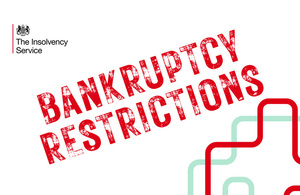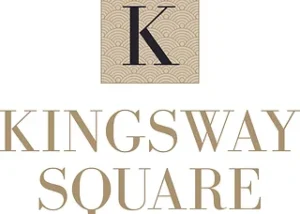Directors guilty of BBL abuse face disqualification

A few months back, we protested the Insolvency Service’s decision to chase the owners of failed businesses for failing to repay Bounce Back Loans.
However, the findings of a report by the House of Commons public accounts committee suggest the agency’s strategy may be appropriate after all. To help struggling small-to-medium enterprises (SMEs) during the Covid-19 pandemic, in 2020 the Government launched a series of finance-based initiatives including the:
- Bounce Back Loan (BBL)
- Eat Out to Help Out
- Coronavirus Job Retention (Furlough)
- Coronavirus Business Interruption (CBILS)
But according to the report, up to 60% of the £47 billion loaned to SME’s via the Bounce Back Loan scheme could be lost due to 2 key factors:
- Fraud
- Inability to pay
Strict punishments for directors
Under these circumstances, British taxpayers will end up paying for all the BBL losses. Consequently, Insolvency Service investigators recently launched a campaign targeting with a vengeance all business owners and company directors who:
- Used false or misleading information
- Abandoned or dissolved the limited company after obtaining a Bounce Back Loan
Few people are aware of the Insolvency Service’s new initiative. Punishments are strict because taxpayers’ money is involved. A director of a limited company who commits fraud, or some other act of misconduct, while in office could be:
- Prosecuted under criminal law
- Banned from managing a company for up to 15 years
The sad truth is that in recent years, a worrying number of company directors and business owners have been guilty of abuse. In attempting to survive the fallout from the Covid-19 pandemic, many have committed acts of wrongdoing. Some consciously, others less so.
For example, transferring any part of a Bounce Back Loan (BBL) into your personal account is an abuse, especially if you:
- Closed the account
- Used a company that was insolvent at the time
Point 2. is particularly concerning as the pandemic has greatly increased the number of ‘zombie’ companies trading while insolvent.
Still, generally speaking, BBL problems only arise for directors who stop repaying the loan, or pay nothing at all. A director who commits BBL abuse, but repays the loan is unlikely to face serious recriminations.
What Is a Bankruptcy Restrictions Order (BRO)?
When you declare bankruptcy, you enter a 12-month period as an “active bankrupt,” during which you must adhere to a set of restrictions. If you…
Read MoreKingsway Square Limited (In Administration)
Did you purchase an off-plan property with Kingsway Square Limited (In Administration) which has not been developed – would you like your deposit returned? Are…
Read MoreGibraltar Financial Services Commission (GFSC) – Did they fail Loan Note Holders?
As a loan note holder, you may have placed your trust in regulatory bodies such as the Gibraltar Financial Services Commission (GFSC) to safeguard your…
Read MoreGibraltar Financial Services Commission (GFSC) – 100% Asleep at the Regulatory Wheel
Faith in Regulations Insolvency & Law (I&L) recently received confirmation from the Gibraltar Financial Services Commission (GFSC) that Castle Trust and Management Services Limited (CTMS)…
Read More


